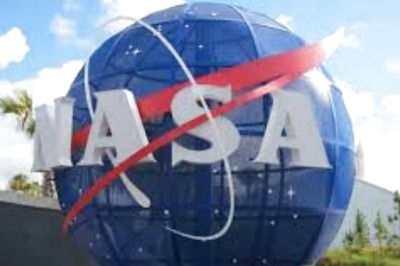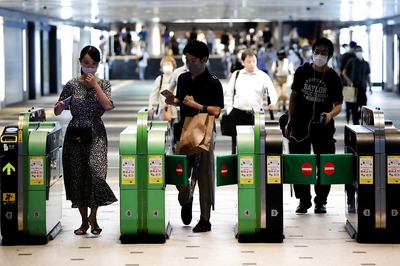
views
Microsoft is undertaking considerable replanning of hardware and software launches that were lined up for 2020. According to a report by ZDNet, Microsoft is indefinitely stalling the launch of its dual-screen foldable tablet-computer hybrid device, the Surface Neo, since the demand for such exceptional gadgets will most certainly be minimal in light of the coronavirus pandemic. In line with the delay in the launch of the Surface Neo, Microsoft is also pushing back the rollout of Windows 10X, regarded as the eventual future of all Windows 10 devices worldwide.
Microsoft's decision will likely set precedent for much of the technology industry. As the world strives to get the coronavirus pandemic under control, economic markets have gone on a downward spiral as several crucial industries have seen a steady decline in revenues, businesses, supply chains and even demand from consumers. In such conditions, even though technological innovations should continue, devices such as Microsoft's Surface Neo would be a misfit.
The Surface Neo is a device that has two 9-inch displays, joined in the middle by a hinge. Folded, it has the dimensions of an ultra-compact tablet (think Amazon Kindle), while unfolded, its two screens work in tandem with flowing continuity, to present cases of seamless multitasking. It is also supported by the all new Windows 10X, which was designed with foldable devices designed from the ground up, and comes with an all-new material design that makes the operating system look far more professional and cutting edge than before.
As of now, it appears that the Surface Neo would not be launched any time before at least end-2021, as Microsoft's suppliers and manufacturing chain also goes through a crunch. As for Windows 10X, the new edition of the operating system would also be unveiled later than initially scheduled. However, Microsoft is yet to reveal any details about what would happen to its Android-powered dual display device, the Surface Duo, and it is likely that like the Neo, it too would be delayed until at least 2021.




















Comments
0 comment